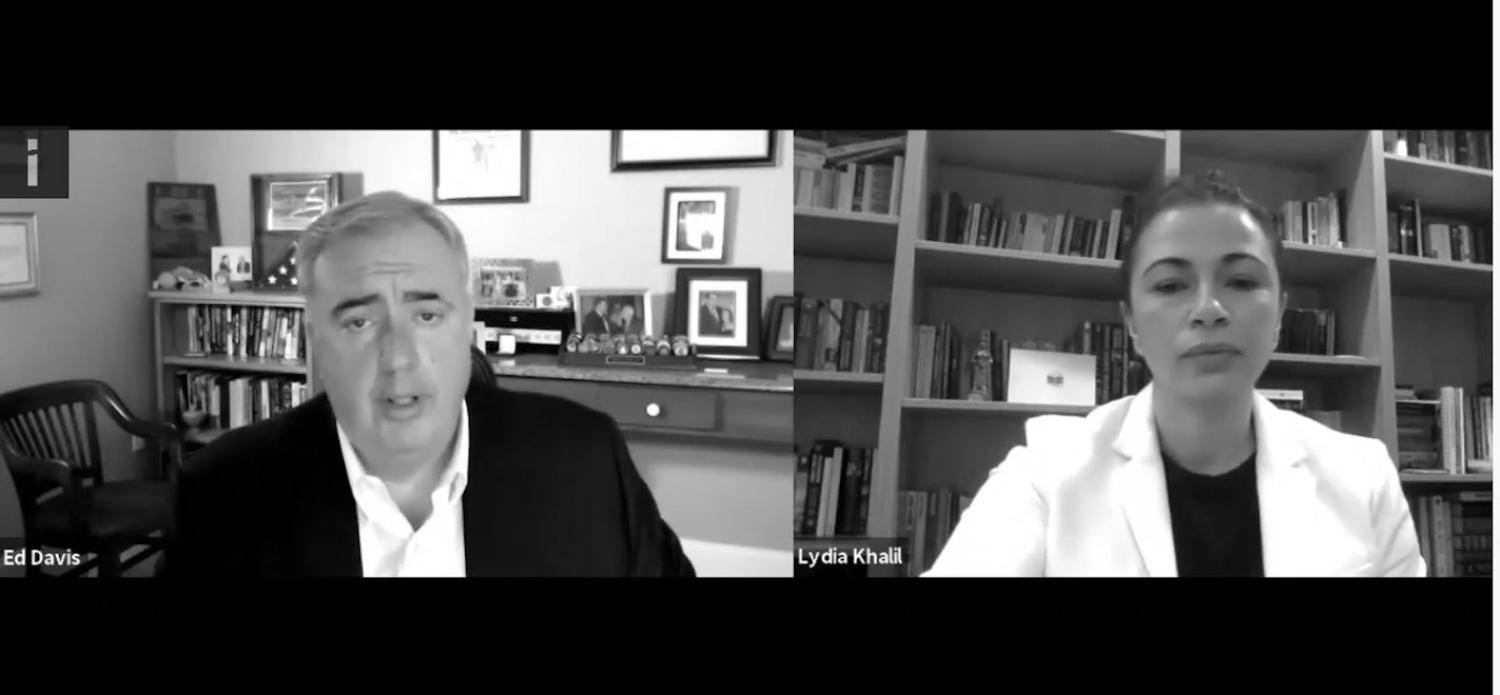The “Black Lives Matter” movement – which has now gone global – has broadened its protest focus from appealing for accountability in instances of police killing and brutality against black Americans, to highlighting systemic racism and calling for sweeping law enforcement reforms. The key unanswered question has always been is reform of policing enough? Is there systemic racism in law enforcement, or are police merely the enforcers of broader racist structures and attitudes in the United States.
One of the ironies of the struggle between the Black Lives Matter and the “Defund the Police” movements and many law enforcement officers is that they have been calling for the same thing. The Defund the Police movement claims that police department budgets are bloated and have sucked budget resources better spent on education, health care and social services, which address some of the root causes of crime. Many police officers, meanwhile, have complained that they are being called on to do too much. Many community-minded police leaders have publicly complained that they don’t make the rules and that police are being deputised to enforce society’s failures and unfair structures.
On this episode of Need to Know I explored these topics with former police commissioner Ed Davis, who has had a 30 year career as a law enforcement professional in the United States, including as commissioner of the Boston Police Department during the Boston Marathon Bombing and through departmental shifts towards community policing. We also delve into the sheer scale and diversity of policing in America and the broad independent law enforcement authorities granted to local police that confound national reform efforts.
Police departments and cultures in America are not monolithic. There are around 18,000 different police departments in the United States, but there are consistent blocks to reform – including police unions, lack of national standards and an over extension of law enforcement responsibilities.

